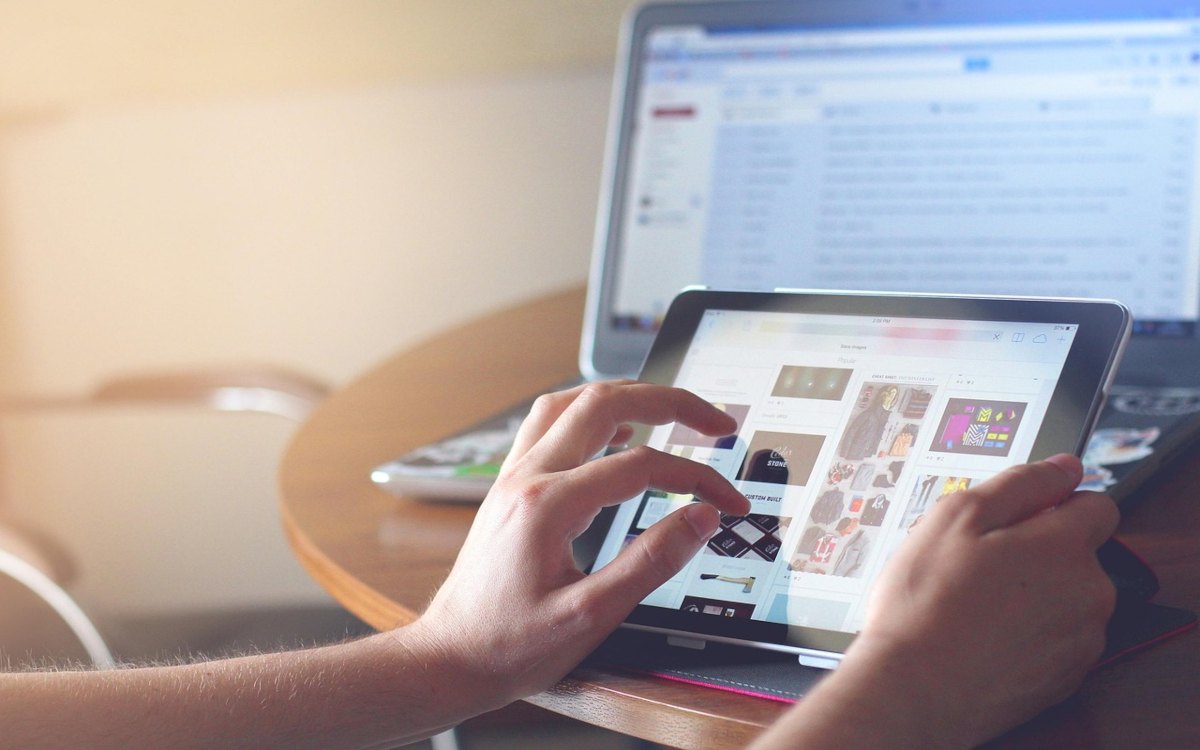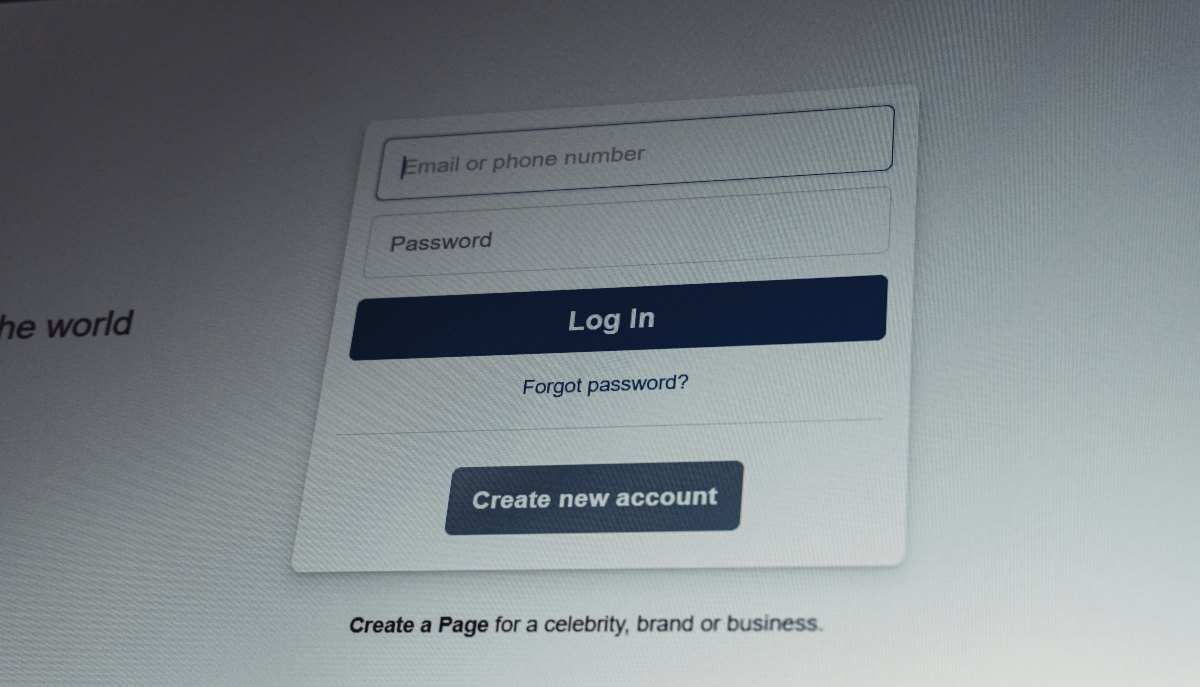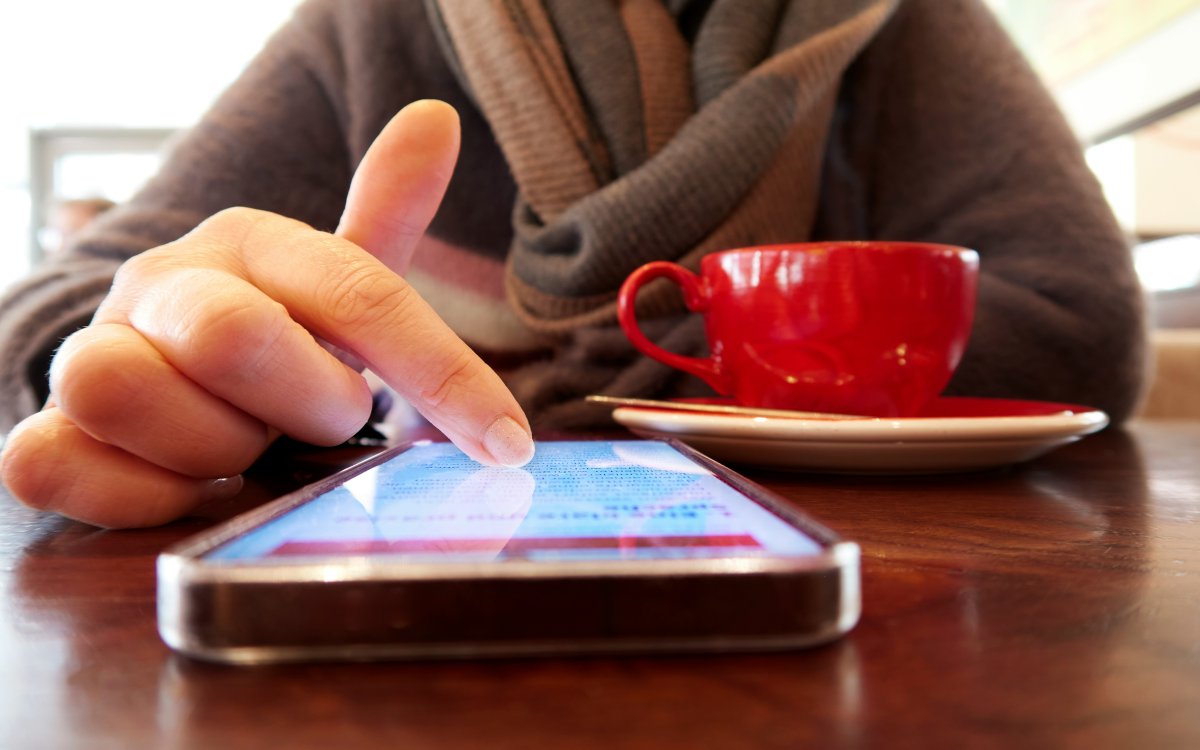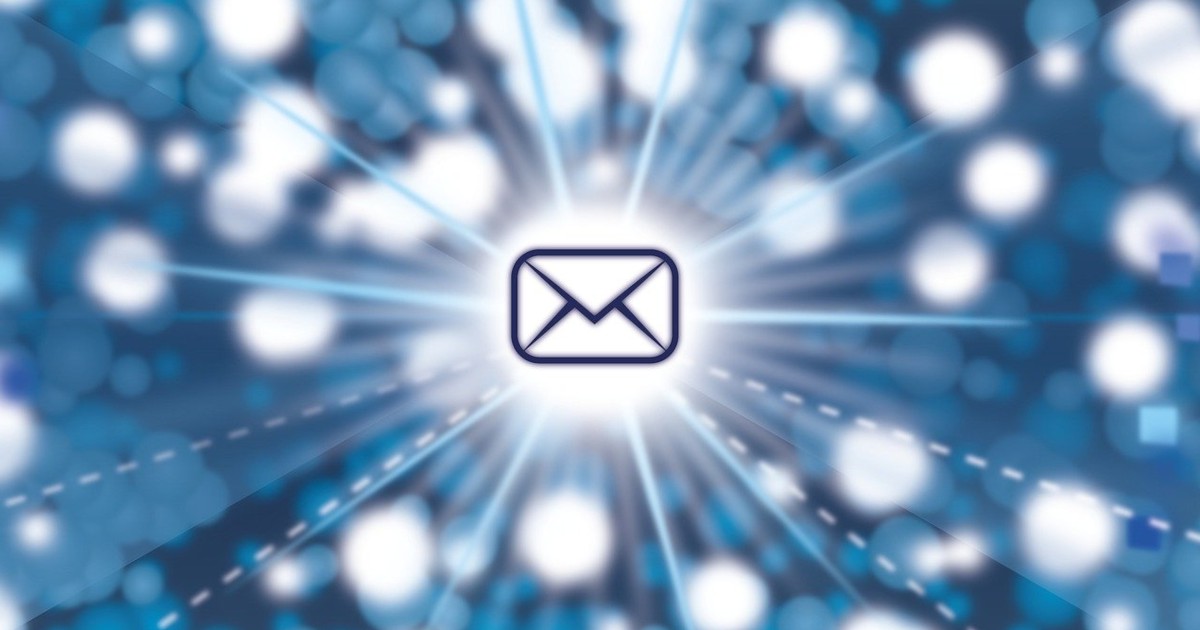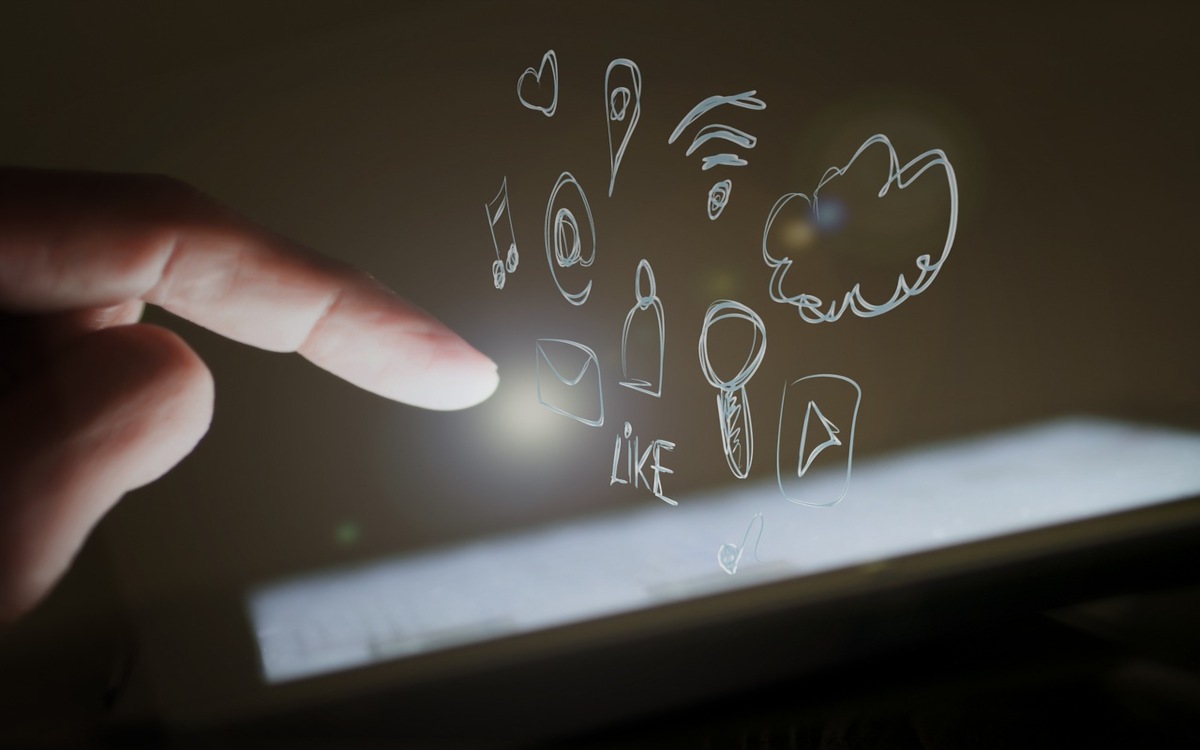In today's world, we all have a digital identity that we must protect. Otherwise, Our personal data and other sensitive information could be exposed.Since this is a real risk, we have prepared this complete digital hygiene guide with the best habits to avoid getting hacked.
What is digital hygiene?
With each passing day, our lives become increasingly intertwined with devices, apps, and online platforms. Every time we chat on WhatsApp, check our banking apps, or send an email, we make our presence felt in the digital world. Now, All this hyperconnectivity exposes us to risks.: scams, identity theft, data loss and cyberattacks.
Whether or not we fall victim to these dangers depends largely on our daily digital habits. Just as personal hygiene prevents disease, Digital hygiene prevents cyberattacks and minimizes vulnerabilities.This is a concept we all do well to understand and apply if we don't want to end up hacked.
What is digital hygiene? Basically, it's a A set of practices and routines that help keep our devices, accounts, and personal data safe.We could say it's the cyber equivalent of washing your hands: essential daily habits to keep digital "infections" at bay.
A complete guide to digital hygiene: habits to avoid getting hacked
Some digital activities and sites are more dangerous than others, but all involve some risk. Hence the need have a preventative mindset and establish measures to protect our personal information. It's not about living in constant alert, but about adopting some effective daily habits to safeguard our online security. These habits are classified into the following seven categories:
Secure password management
Your passwords are yours first line of defense against digital threats. Regarding these threats, there are some habits you should adopt if you don't want to end up hacked.
- Use strong passwordsUse a username of at least 12 characters, combining uppercase letters, lowercase letters, numbers, and symbols. Avoid including obvious information such as name, date of birth, etc.
- Do not repeat passwordsUse a different one for each service.
- Learn to use a password manager, as Bitwarden, 1Password o KeepPass, to generate and store secure keys.
- Enable multi-factor authentication (MFA)This is an essential measure, an extra lock, an additional layer of security. Don't put it off.
Keep your devices updated
Another important habit in your digital hygiene is keeping the devices you use daily for browsing up to date. Remember that manufacturers release updates to fix bugs and vulnerabilitiesIgnoring them is like leaving the door open to cybercriminals. That's why:
- Update the operating system as soon as patches are available.
- Keep your apps up to date, especially the browsers y messaging apps.
- Configure the automatic updates so that it doesn't depend on your memory.
Digital hygiene: Browse the internet safely
As every click countsIt's very important that you adopt good habits while browsing the internet. From the sites you visit to the network you use to connect, there are risks everywhere. Again, this isn't about living in constant fear, but about getting used to doing things like the following:
- When visiting any website, especially where you enter data, make sure the URL starts with https:// (that has the letter S) and that has an icon of Closed padlock in the address bar. This means that the communication between your browser and the site is encrypted and much harder to intercept.
- Install extensions security features in your browser, such as tracker blockers or malicious ad blockers.
- Avoid connecting to public Wi-Fi networkslike those in cafes or airports. If you need to use them, connect a VPN. Outside your home, it's best to use your mobile data to connect.
Beware of email
Emails are the preferred medium for cybercriminals to to capture unsuspecting victimsAs part of digital hygiene, it's important that you know How phishing and vishing workas well as other scam strategies. Also, whenever you check your inbox, follow these recommendations:
- Check the senderMalicious email addresses often have subtle errors or appear suspicious.
- Hover your cursor over the links in the email content.But don't click. Look at the actual URL it directs you to, and if it doesn't match the official website, don't go in.
- Never give out sensitive information via email or SMSRemember that no reputable organization will ask you for them like that.
- Be wary of urgent messages that ask you to act quickly (example: «Your account will be blocked«).
Digital hygiene when using your mobile phone
Your mobile phone contains as much or more sensitive information than your computer.That's why it can become the Achilles' heel of your digital security. If you don't want to end up hacked, adopt these digital habits for safe mobile use:
- Download apps only from official sources, such as app stores (Play Store, App Store) or trusted repositories.
- Keep apps up to date.
- Check the permits of the applications.
- Be careful when downloading files from untrusted websites.
- Use a lock patternPIN, fingerprint, or a complex pattern.
- Follow the same digital hygiene suggestions mentioned in the previous sections for browsing and using email from your mobile device.
Social media: less is more
Speaking of mobile phones, it's crucial to be careful about what you post on social media. Remember this principle: less is more. Sharing too much on social media can give clues to attackersLearn to use social media responsibly by following these suggestions:
- Configure your privacy settings so that just your contacts view your information.
- Avoid posting sensitive data such as your real-time location, phone number, and daily routines.
- Distrust any shared link in private messages.
- Check apps connected to your profile and delete the ones you don't use.
Backups: Your digital lifeline
Finally, get into the habit of backing up your personal files as part of your digital hygiene. You can set up automatic backups to cloud services like Google Drive, iCloud, and OneDrive. It's also helpful to use external drives to store sensitive or confidential information. Follow the 3-2-1 rule: Three copies, on two different media, and one outside your primary location.
From a young age, I've been fascinated by all things scientific and technological, especially those advancements that make our lives easier and more enjoyable. I love staying up-to-date on the latest news and trends, and sharing my experiences, opinions, and tips about the devices and gadgets I use. This led me to become a web writer a little over five years ago, focusing primarily on Android devices and Windows operating systems. I've learned to explain complex concepts in simple terms so my readers can easily understand them.
